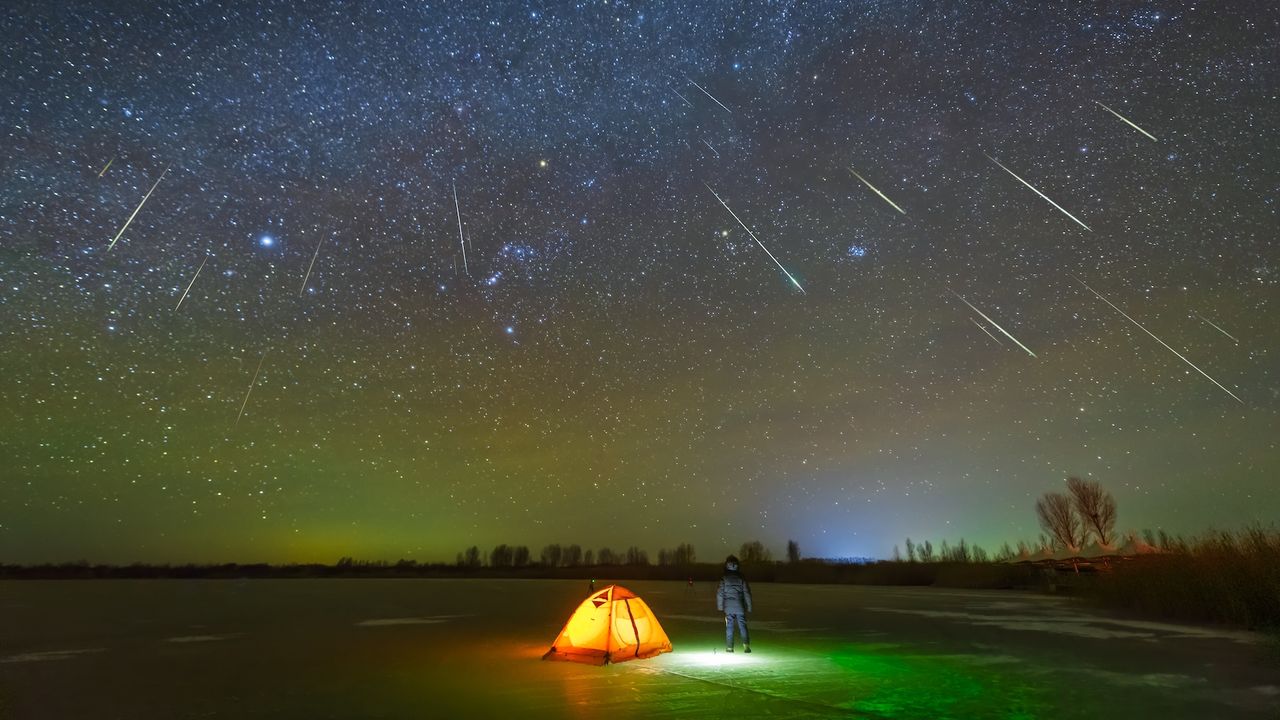Black eyes, orbital fractures and retinal detachment: Pickleball-related eye injuries are on the rise in the US
NegativeScience

As pickleball continues to grow in popularity across the U.S., a concerning trend has emerged: a significant rise in eye injuries related to the sport. This increase in incidents, including serious conditions like orbital fractures and retinal detachment, highlights the need for better safety measures and awareness among players. Understanding these risks is crucial for ensuring that participants can enjoy the game without jeopardizing their health.
— Curated by the World Pulse Now AI Editorial System







